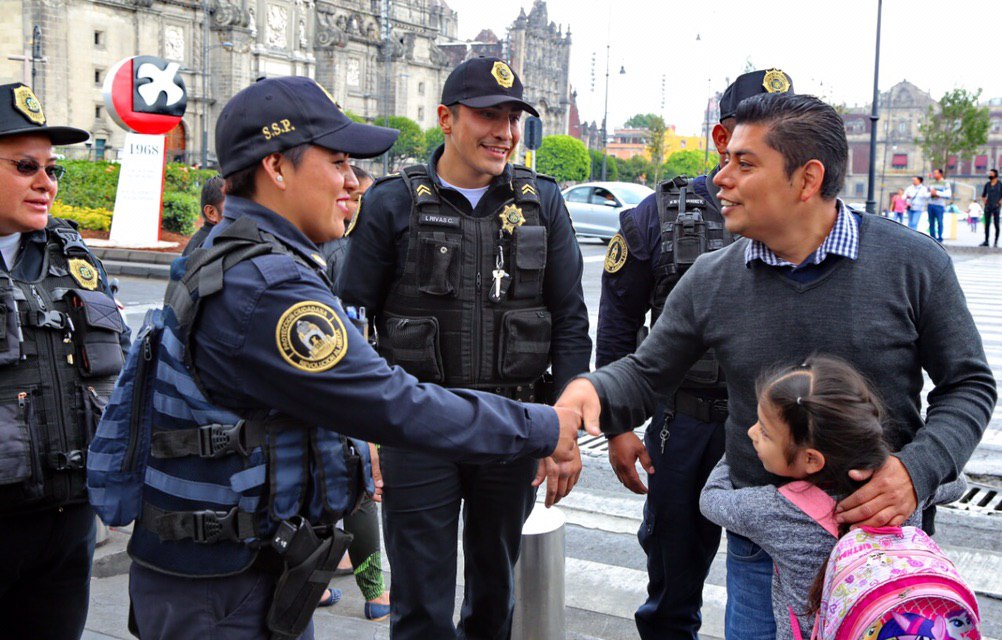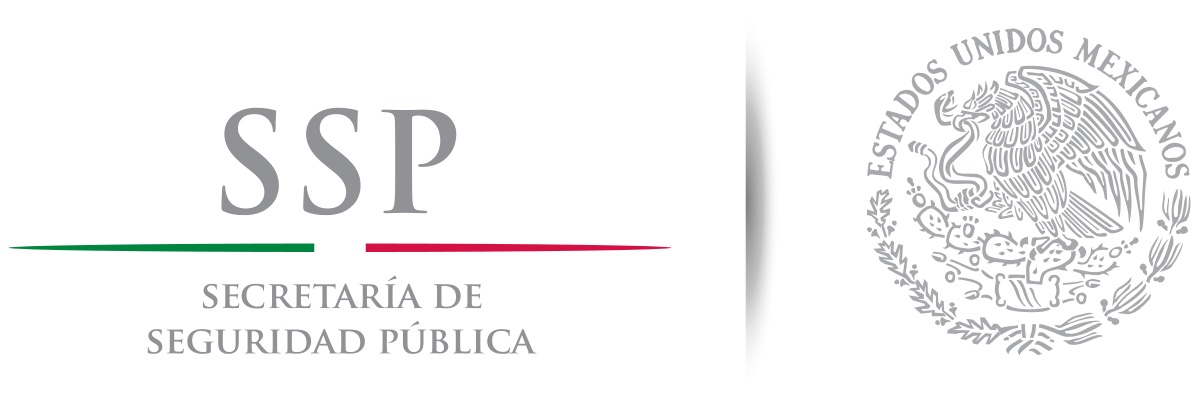Can Mental Health Interventions Influence the Behavior of Police Officers in Mexico City?

In collaboration with the Ministry of Citizen Security, researchers are assessing the impact of two mental health interventions for police officers in Mexico City.
Globally, more than 14 percent of police officers experience trauma due to exposure to the numerous risky and stressful situations they encounter in their day-to-day work.[1] Research supports police officers’ exposure to traumatic and stressful events over the course of their careers may lead to large, negative impacts on mental and physical health, job performance, and interactions with citizens.[2] For example, in Mexico, 75 percent of detainees in 2016 reported psychological violence and 64 percent physical violence from their arresting officer. Reports of police violence in Mexico City, in particular, continue to grow.[3]
Mental health interventions -- such as cognitive behavioral therapy (CBT) -- have been empirically recognized as effective to treat post-traumatic stress disorder and stress in general, as well as a potential violence reduction tool.[4] However, systematic evidence on whether and how these interventions impact police officers and organization is limited, partly due to negative institutional perceptions of officers seeking therapy.
In partnership with the Ministry of Citizen Security, researchers tested two different mental health interventions for police officers. The first intervention was an anxiety reduction program based on changing the habits of officers. The second intervention was a breathing and meditation program for officers to identify their physical sensations related to stress and anxiety. A total of 58 police officers were randomly assigned in half to receive the programs or serve as a comparison group. The results from this pilot will be used to inform a full-scale randomized evaluation with police officers in Mexico City.
Results will be available later in 2023.
Sources
1. Syed, Shabeer, Rachel Ashwick, Marco Schlosser, Rebecca Jones, Sarah Rowe, and Jo Billings. "Global prevalence and risk factors for mental health problems in police personnel: a systematic review and meta-analysis." Occupational and environmental medicine 77, no. 11 (2020): 737-747.
2. Neely, Phillip, and Craig S. Cleveland. "The impact of job-related stressors on incidents of excessive force by police officers." American Journal of Health Sciences (AJHS) 3, no. 1 (2012): 63-74.
3. Steve Fisher and Maria Abi-Habib, “Mexico City Declared Police Abuse Over. Reports of Misconduct Kept Rising.” New York Times, August 9, 2022, https://www.nytimes.com/2022/08/09/world/americas/mexico-city-police-abuse.html
4. Koucky, Ellen M., Benjamin D. Dickstein, and Kathleen M. Chard. "Cognitive behavioral treatments for posttraumatic stress disorder: Empirical foundation and new directions." CNS spectrums 18, no. 2 (2013): 73-81.
Partners












